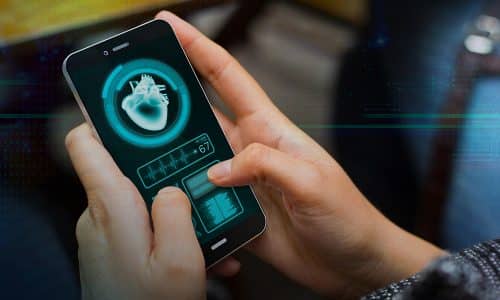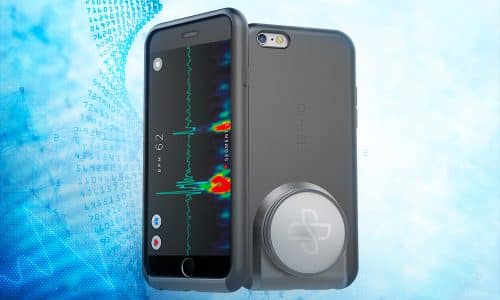It didn’t take long for Apple to shake up the wearables market. It has just introduced a new feature that will allow Apple watch users to download parts of their medical records to their iPhones.
To be introduced as a beta test, the feature will be part of the Apple Health app. The hoped for outcome is that more apple watch users will take advantage of their devices to better understand their medical conditions.
Consumers will have access to such health info as allergies, immunizations, lab results, medications, procedures and vitals, notes Gadgets & Wearables. When the service is complete, users can view test results prior to appointments and check to see if medical information is correct.
Among those medical institutions that have agreed to be part of the test are: John Hopkins Medicine – Baltimore; Cedars-Sinai – Los Angele; Penn Medicine – Philadelphia; Geisinger Health System – Danville, Pa.; UC San Diego Health – San Diego; UNC Health Care – Chapel Hill, NC; Rush University Medical Center – Chicago; Dignity Health – Arizona, California; and Nevada Ochsner Health System – Jefferson Parish, La.; MedStar Health – Washington, D.C., Maryland, and Virginia; OhioHealth – Columbus, and Cerner Health Clinic – Kansas City, Mo.
Apple had told the media that there is no way it will have access to user health care records, which are protected by law.
According to USA Today, Apple insists that the health records data goes directly from the medical provider to the user’s phone. Apple servers do not house any user medical records. The data is encrypted while on the user’s device when it moves from hospital to handset.
For the time being users will be unable to transfer their records from their devices to a new physician or medical provider. They can only get the data from the user by viewing his screen.
Jeff Williams, Apple Chief Operating Officer pointed out: “It’s really strange to me that you can easily pull up all of your spending records on your credit card going back a long way in every detail, yet your health is way more important and you don’t have easy access to your health information.”




